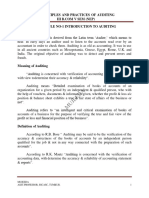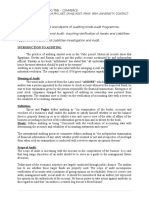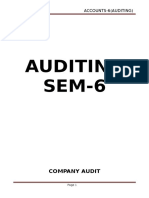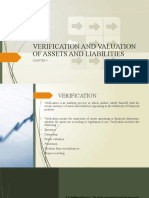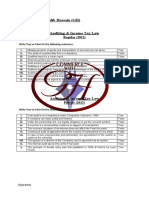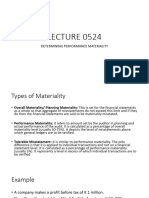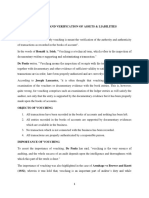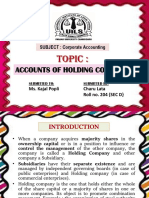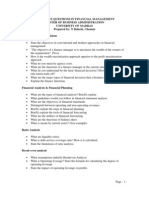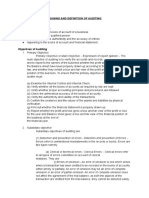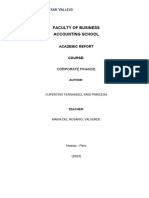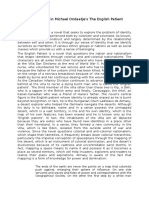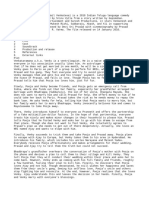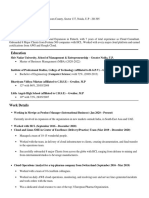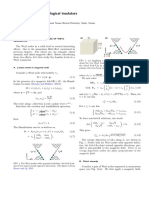0% found this document useful (0 votes)
1K views10 pagesUnit - 1 Introduction To Auditing
The document provides an introduction and overview of principles and practice of auditing. It defines auditing as a systematic examination of books and records to verify accuracy and reliability of financial statements. The summary is:
1) Auditing involves a systematic process to objectively obtain and evaluate evidence to determine if assertions align with established criteria. It requires a three-party relationship between shareholders, managers, and auditors.
2) An audit examines a subject matter like financial data, systems, or processes to verify accuracy. The auditor must collect evidence and evaluate it against standards to form an opinion.
3) The objectives of an audit are to express an opinion on financial statements, examine internal controls, and detect errors and fraud
Uploaded by
Darshan PanditCopyright
© © All Rights Reserved
We take content rights seriously. If you suspect this is your content, claim it here.
Available Formats
Download as PDF, TXT or read online on Scribd
0% found this document useful (0 votes)
1K views10 pagesUnit - 1 Introduction To Auditing
The document provides an introduction and overview of principles and practice of auditing. It defines auditing as a systematic examination of books and records to verify accuracy and reliability of financial statements. The summary is:
1) Auditing involves a systematic process to objectively obtain and evaluate evidence to determine if assertions align with established criteria. It requires a three-party relationship between shareholders, managers, and auditors.
2) An audit examines a subject matter like financial data, systems, or processes to verify accuracy. The auditor must collect evidence and evaluate it against standards to form an opinion.
3) The objectives of an audit are to express an opinion on financial statements, examine internal controls, and detect errors and fraud
Uploaded by
Darshan PanditCopyright
© © All Rights Reserved
We take content rights seriously. If you suspect this is your content, claim it here.
Available Formats
Download as PDF, TXT or read online on Scribd
/ 10

